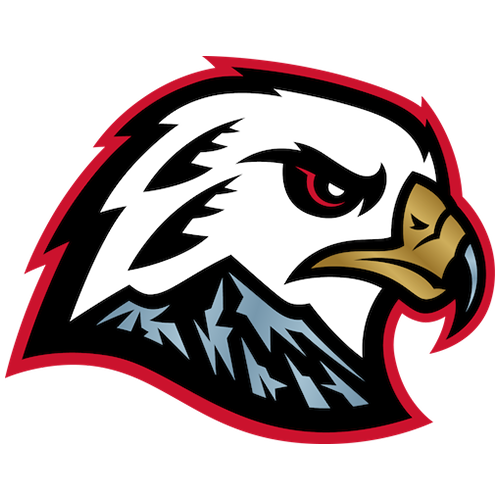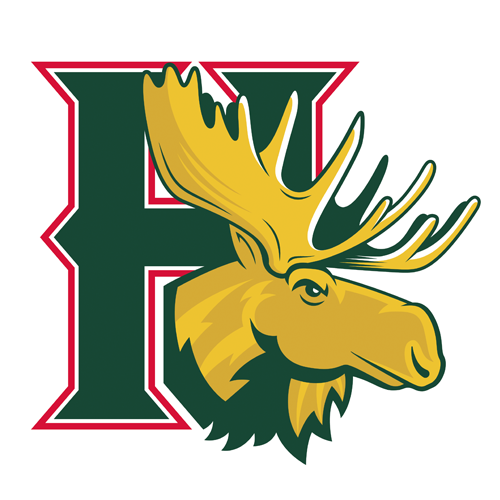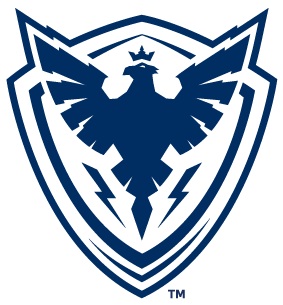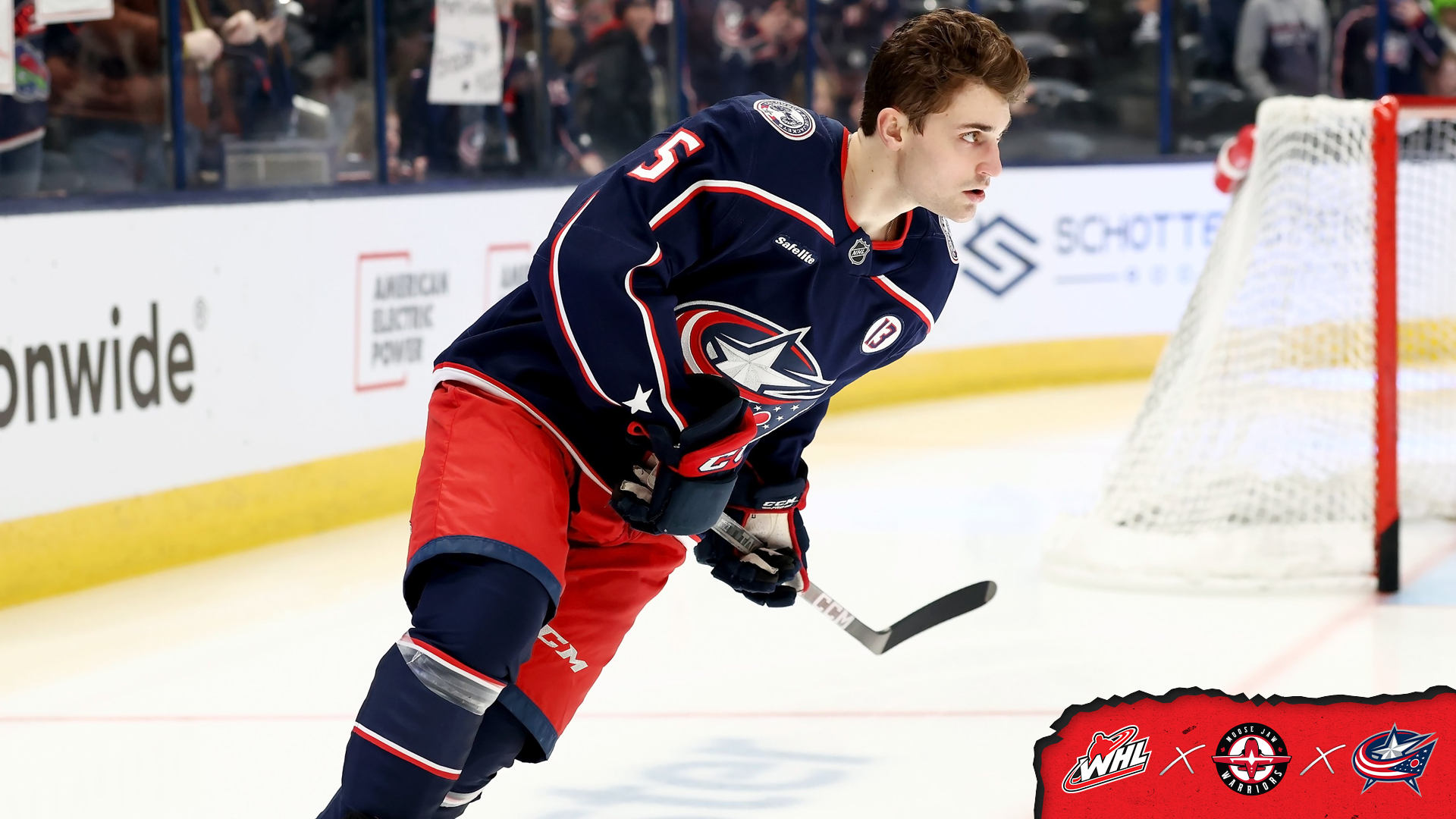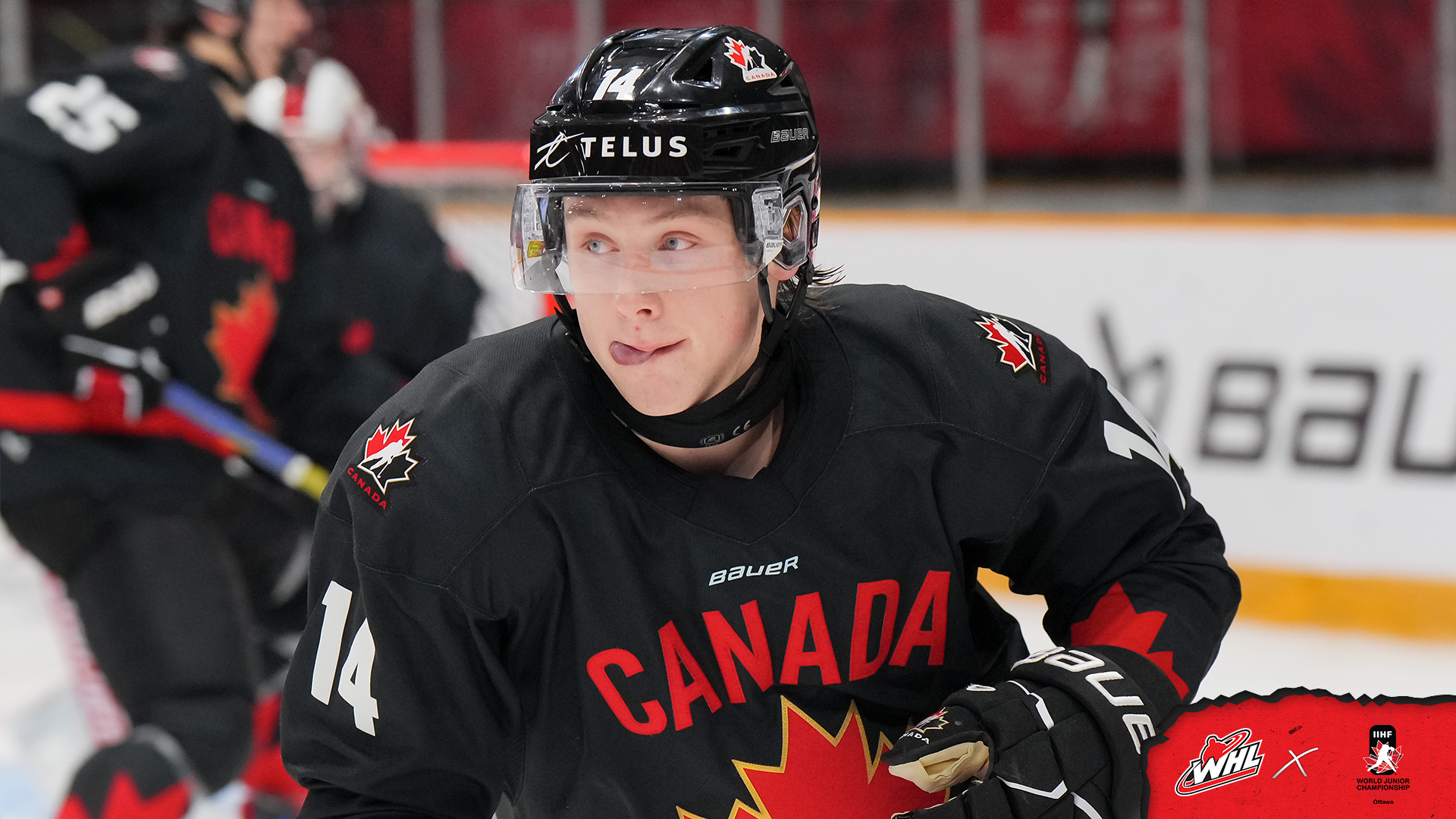WHL Throwback Thursday: Education & hockey developed former Thunderbird Metcalfe into global citizen
At Winnipeg’s Collège Sturgeon Heights Collegiate, the school’s commitment is to develop global citizens.
It makes perfect sense then that the presence of former Seattle Thunderbirds captain Tyler Metcalfe is a natural fit thanks to a strong post-secondary education, leadership skills, and a worldly experience through his time in the game of hockey.
“Both my parents were teachers growing up, so I think that was an influence early on,” Metcalfe said of his commitment to education.
At the 1999 Western Hockey League Bantam Draft, Metcalfe was selected 12th overall by the Seattle Thunderbirds in what was an 18-team draft at the time. Moving far away from home could have been a challenge to Metcalfe, but after forming a strong connection with his billet family and growing within the organization, he found a second home more than 2,000 kilometres away.
“They certainly gave me opportunities to improve and prove myself,” Metcalfe shared of his time with the Thunderbirds. “I was lucky to have people that believed in me and good relationships with those people that allowed me to stay there for five years.”
He became a regular in the lineup during the 2000-01 WHL Regular Season, going on to post four consecutive 20-goal seasons and serving as captain for his final campaign in Seattle. Despite his on-ice success, education was still top of mind for the Manitoban product.
“Like everyone else, I wanted to pursue [the] NHL, but I knew that if that’s not going to work out, I was very realistic that I had a great backup plan, which was university fully paid for and still play a super high level of hockey,” Metcalfe added.
In 2002, Metcalfe was recognized as the WHL’s Scholastic Player of the Year. Like any good team player, Metcalfe credits the work of his parents, counsellors, and billets for keeping him focused on his studies and completing the necessary courses to graduate high school while shifting between each side of the 49th parallel.
“If you don’t get your homework done, you don’t get to go to the outdoor rink, which we pretty much did every day,” Metcalfe said of his childhood.
“I think we had good habits early on, but my billet in Seattle was a teacher and is a principal now and she was wonderful in helping us keep ourselves on track.”

Tyler Metcalfe with the Seattle Thunderbirds: Credit: Seattle Thunderbirds
When his WHL career came to a close, Metcalfe was able to further his passion for hockey and higher education with the University of Alberta Golden Bears by utilizing his WHL Scholarship. In addition to obtaining bachelor degrees in Education and Kinesiology, he became an integral part of the Golden Bears’ men’s hockey program, winning four Canada West Championships and a pair of national titles between 2005 and 2010.
Metcalfe went out as a champion and as the team’s captain too, leading them to their 20th and 21st Canada West titles. The opportunity offered by the WHL Scholarship facilitated that success.
“I owe a lot to hockey and that WHL Scholarship is invaluable,” Metcalfe said. “It’s an amazing thing that I think is becoming very obvious with the amount of people that are taking advantage of when they graduate from the WHL.”
Taking time to pursue his education, the door to professional hockey wasn’t shut either.
With his grandfather being born in Hungary, Metcalfe decided there was no better place to begin his professional hockey career, later playing in Kazakhstan and Austria.
Thanks to his lineage, Metcalfe later became a naturalized citizen and competed for Hungary in international play, helping them earn promotion to the top division at the 2016 IIHF World Championship following a silver-medal performance in Division I in 2015.
“My grandfather was always a huge influence on me growing up and I always wanted to represent the country that he was born in,” Metcalfe added.
Should it come as any surprise, he captained the Miskolci Jegesmedve JSE squad during his final two seasons in Hungary. Metcalfe’s commitment to growth in mind and body helped him take on those leading roles with Seattle, the Golden Bears and now on the other side of the world.
“I think I hit my full hockey potential towards the end of my university career, which is obviously not ideal for trying to make a run at the NHL, but in terms of going overseas and playing until my early thirties, it’s something that I really prided myself on, just showing that you can’t stop getting better, you have to keep working at everything every day.”
“That’s how I tried to carry myself when I went overseas.”
Now back in Canada, the 35-year-old is still part of the learning process through the teaching profession and behind the bench with the school’s hockey team.
Like the opportunity that was provided to him, the emphasis on the student part of being a student-athlete is something he’s passing onto his players today, ensuring they can move forward with their lives and with sport.
“I think that our players at our school, it’s just a perfect fit playing high school hockey to balance just like the WHL where you’ve got to find that balance between your schooling and hockey.”

University of Alberta Golden Bears captain Tyler Metcalfe celebrates a goal. Credit: University of Alberta Golden Bears









